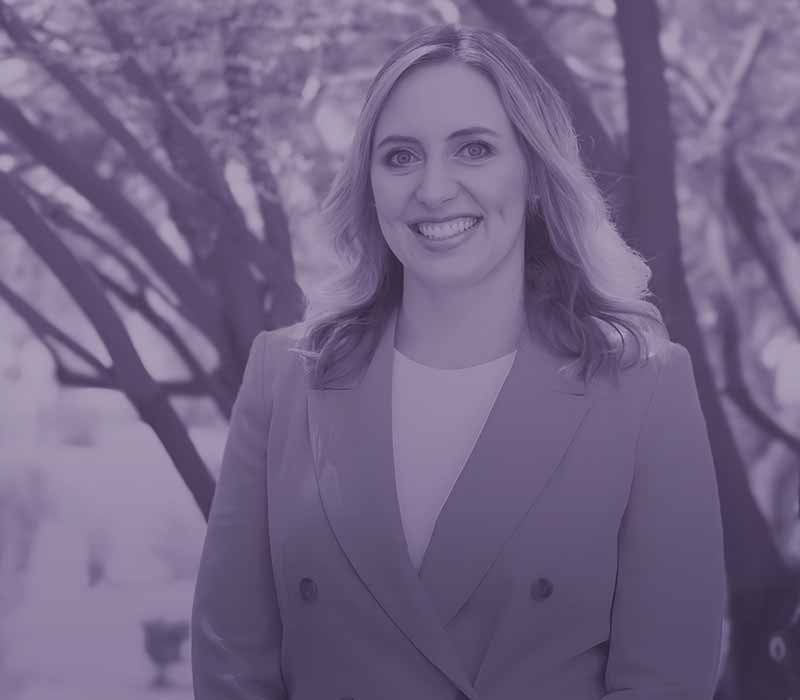No doubt you’ve seen some of the recent headlines about the proposed new DOL rule, along with the financial services industry asking the Department of Labor for more time to make public comments, especially with the holidays, end-of-year client reviews, and mandatory RMDs filling up our schedules right now.
(At this time, the answer to the request to extend the time for public commentary is no, [1] the deadline for comments remains January 2, 2024.
You can make comments here: https://www.regulations.gov/document/EBSA-2023-0017-0001. [2])
While Quantum is client-centric by choice, as are the advisor partners we choose to work with, we agree that anything that helps retirees is a good thing. But will this latest iteration of the DOL Rule actually help if adopted as proposed?
From combing through the trade publications, here are five things to consider:
- According to Lisa Gomez, Assistant Secretary of Labor for the Employee Benefits Security Administration, while the new rule is “under the same umbrella, same themes to be discussed” as the DOL Rule of 2016—officially known as the “Conflict of Interest Rule;” thrown out in court in 2018—the rule has been renamed by the DOL.
The renaming of the rule to “Retirement Security” is likely an attempt to reset and move things forward, probably since the 2016 version of the rule received so much industry opposition. But this renaming doesn’t really seem to have made much difference. Gomez says, “We’ve heard a lot of feedback from people that it’s just the 2016 rule all over again.”[3]
It should be noted that if you plan to make a public comment on Regulations.gov, the rule isn’t called “Retirement Security,” it’s called “Proposed Amendment to Prohibited Transaction Exemptions 75-1, 77-4, 80-83, 83-1, and 86-128.” [2] You can probably tell by the title (and by visiting the link) that the language is not simple—quite the opposite.
- Published on Halloween, the proposed new DOL “Retirement Security” rule is an attempt to close legal loopholes, expanding the definition of an investment advice fiduciary to include anyone who advises retirement plan participants and individual retirement account owners—including broker-dealers, insurance agents, and investment assets salespeople. Attorneys working in the retirement industry space say the new rule could leave brokers, agents, salespeople, and even junior employees who provide education into legal fiduciaries bearing the same risks as financial advisers.
A trade association for broker-dealers, called the Securities Industry and Financial Markets Association, criticized the new rule, saying the existing Securities and Exchange Commission’s Regulation Best Interest rule (Reg BI) which took effect July 1, 2020, already provides investor protection. The association also said the new Retirement Security rule may go too far, be inconsistent with other existing federal regulations, and could limit investor choice.
The White House pointed out that while it’s true that Reg BI does already require that brokers and advisors purchase securities that are in a retirement investor’s best interest, what it doesn’t cover is commodities or insurance products such as fixed indexed annuities. The DOL’s proposed expanded rule remedies that, and if passed as-is, would require advice for FIAs and other products to be in the consumer’s best interest at all times, not just “suitable” for them.
Additionally, the rule would also require industry professionals such as IARs (investment adviser representatives) who are already fiduciaries to make additional disclosures, which some say could hurt investment advisers working with small accounts.
Small business plan sponsors and financial advisors who provide 401(k) plan advice to businesses would also be affected, as the new rule would now subject them to ERISA guidelines. This could prohibitively increase the cost of offering group retirement plans like 401(k)s to employees, so that small companies may be unable to offer them. [4]
- The proposed new DOL Retirement Security rule also aims to make one-time advice for rollovers subject to ERISA, the Employee Retirement Income Security Act of 1974, making all rollover recommendations “fiduciary” advice. How? By using the terminology “regular basis.” An ongoing client relationship with someone would no longer be a requirement for you to be considered acting as a fiduciary; even one meeting could make you a fiduciary if providing retirement advice is part of your general list of services.
If an adviser renders paid advice “to investors on a regular basis as part of their business and the recommendation is provided under circumstances indicating that the recommendation is based on the particular needs or individual circumstances of the retirement investor,” that adviser is a fiduciary. [5]
The use of “regular basis” allows the DOL to regulate one-time recommendations, such as rollovers into an IRA, annuity sales, or any investment designed for retirement plans inferring that it’s the very nature of a financial professional’s day-to-day business activities in providing retirement recommendations that causes them to be a fiduciary.
In essence, financial professionals holding broker-dealer, dual licenses, or insurance licenses would no longer be allowed to operate under the “suitability” standard if they make any recommendations about retirement accounts, and established client relationships are not required for them to be a fiduciary even when making a one-time recommendation. [5] Because they are regularly involved in the business of advising consumers about retirement accounts, they are now a fiduciary, period.
- Under the proposed new rule, financial industry professionals can still earn commissions on annuities, causing some in the industry to feel that the DOL did listen to them when they made the case that that commission-based transactions are better than fee-based transactions for some clients. Here’s how the new rule works for different segments:
Independent agents who operate under one set of Labor Department regulations, Prohibited Transaction Exemption 84-24, would have to become fiduciaries, but they could continue to earn commissions. They would have to disclose their initial commissions and renewal commissions, both in terms of dollar amounts and as a percentage of the premium payments.
Similarly, agents who are more closely affiliated with insurers, broker-dealers or investment companies, and who operate under a second set of Labor Department regulations, Prohibited Transaction Exemption 2020-02, would have to provide a notice acknowledging that they would receive commissions or other transaction-based compensation and offering to provide specific compensation information, for free, upon request.
Insurers and other financial institutions could not use any sales contests, quotas, travel incentives or other non-cash compensation that might cause the independent producers using PTE 84-24 or the investment professionals subject to PTE 2020-02 to have any incentive other than meeting the client’s needs. [6]
- One drawback of the new rule is its provision requiring disclosure of information that will be very hard to obtain. For instance, an annuity professional would have to analyze the situation of a client who wanted to roll assets over from a 401(k) plan into something else. The rollover assessment would have to include a range of options, including leaving the money in the client’s own 401(k) plan account. The financial professional would have to present a) the reasons for any strategy recommendations, b) the fiduciary standard or other standard of care associated with each option included in the assessment, and c) the fees and expenses associated with each option. This is asking an advisor to find 401(k) fee information. In some cases, an advisor might be able to find the information by digging through public plan filings. In other cases, a plan might be too small to have public filings. [7]
You can read the current proposal here: https://www.dol.gov/sites/dolgov/files/ebsa/temporary-postings/retirement-security-rule-definition-of-an-investment-advice-fiduciary.pdf The rule is not final. It was published in the Federal Register on October 31, 2023, and is currently in the 60-day public comment period which is set to end on January 2, 2024. The DOL has indicated that it intends to also host public hearings approximately 45 days after publication, which would mean sometime around mid-December 2023. Timeframes may change, but the DOL is looking to finalize the proposed rule sometime during the second quarter of 2024.
FOR ADVISOR USE ONLY
This article is for informational purposes only and should not be relied upon for legal advice. This new legislation is still just a proposal and is not final. It will potentially be clarified and altered before enacted. As the industry analyzes the new proposed rule, new information may come to light.
Sources:
[1] https://www.thinkadvisor.com/2023/11/15/dol-denies-request-to-extend-fiduciary-rule-comment-period/[2] https://www.regulations.gov/document/EBSA-2023-0017-0001
[3] https://www.thinkadvisor.com/2023/10/24/dols-gomez-explains-new-fiduciary-rule/
[4] https://www.financialadvisoriq.com/c/4303734/557214/fiduciary_proposal_could_sweep_industry_salespeople;
https://thequantum.com/rollover-recommendations-new-requirements/;
[5] https://www.planadviser.com/dol-publishes-new-adviser-fiduciary-rule-public-comment/
[6] https://www.thinkadvisor.com/2023/10/31/draft-labor-regulations-allow-annuity-commissions/
[7] https://www.thinkadvisor.com/2023/11/16/dol-fiduciary-rule-may-require-all-rollover-options-fee-info/






















